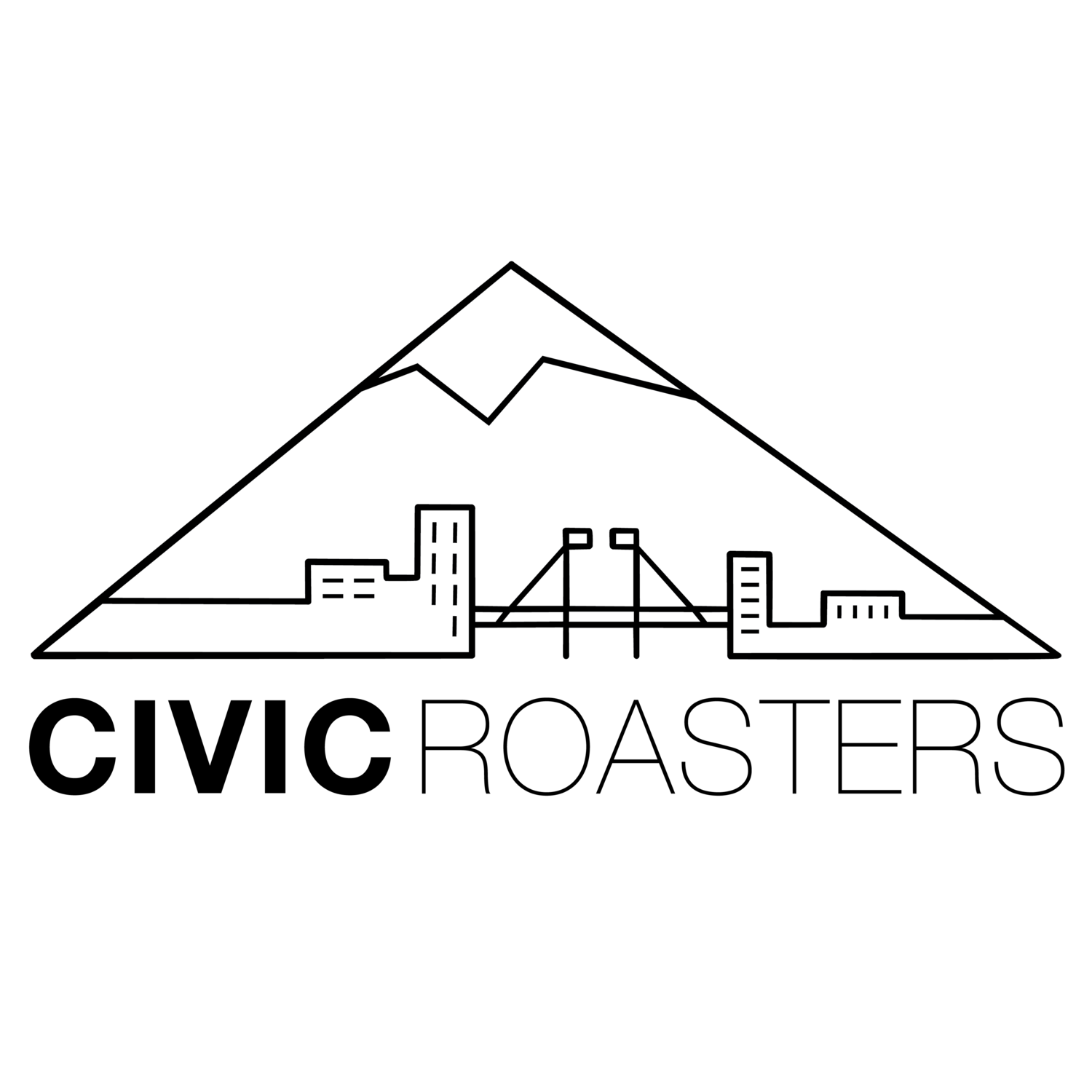Decoding Coffee Labels
Here at Civic we care about a lot of things, and one of the key parts of the coffee roasting world is sourcing. The difference between price points between different roasters is largely influenced by the source of the beans. Maybe you’ve heard of Fair Trade Certification or “relationship coffee.” Or maybe you see packages that say beans are “sustainable.” With a lot of jargon out there and often not a lot of explanations, we wanted to lay out a quick guide on how to understand all your terms.
Certifications: Certifications are provided by someone outside of the manufacturer of the product itself. They’re often trusted third parties and industry groups, and they provide regulation on what those standards are. For example, if you’re a farmer, you can’t just call your strawberries organic if they’re not; the National Organic Program is the federal group within the Dept. of Agriculture that regulates what is organic.
Some of Civic Roasters’ beans have Fair Trade or Organic certifications. Some of them are UTZ certified, which is part of the Rainforest Alliance and is an international certification verifying products are sustainably sourced, meaning it meets standards that help protect farmers, local communities, and wildlife. Certifications are something that the producer pays to get tested for and pass. The certifications do not reflect the size of the farm.
Traceability: Essentially, the more information you have about your beans no matter your roaster, the more transparency there is behind every step of the production process. There’s an old Portlandia episode where the couple dining asks if the chicken they’re about to eat had a nice life, what his name is, and what his diet consisted of. While this is a hyperbolic and comedic interpretation, labels are providing as much information about the product as possible. This requires not only the roaster to have relationship with the sourcing company (a green, or raw, bean company dedicated to supplying roasters with farm-direct coffee), but the sourcing company to have strong relationships with their farms.
With Civic Roasters’ suppliers, you can see sometimes the name of the farmer or producer and the structure — whether it is a co-op or smallholders (a smallholder is a small farm often supporting one family). Sometimes there is information on the social programs that the farm may provide for the community.
Varietal: The two main varietals are Arabica, which is higher quality and grown at higher altitudes, and Robusta, which is grown at lower altitudes and can withstand harsher conditions. Within each of those, there are dozens of varieties, which vary in taste, lipid and sugar content, and resistance to biological or climate factors. Anyone remember bio class? Some common coffee varieties include Typica, Bourbon, and Caturra.
The next time you grab a bag of coffee, hopefully you’ll be able to identify and understand a little more information about who grew your beans and what communities you’re supporting in your purchase.
ORIGINALLY PUBLISHED FEBRUARY 4, 2021

